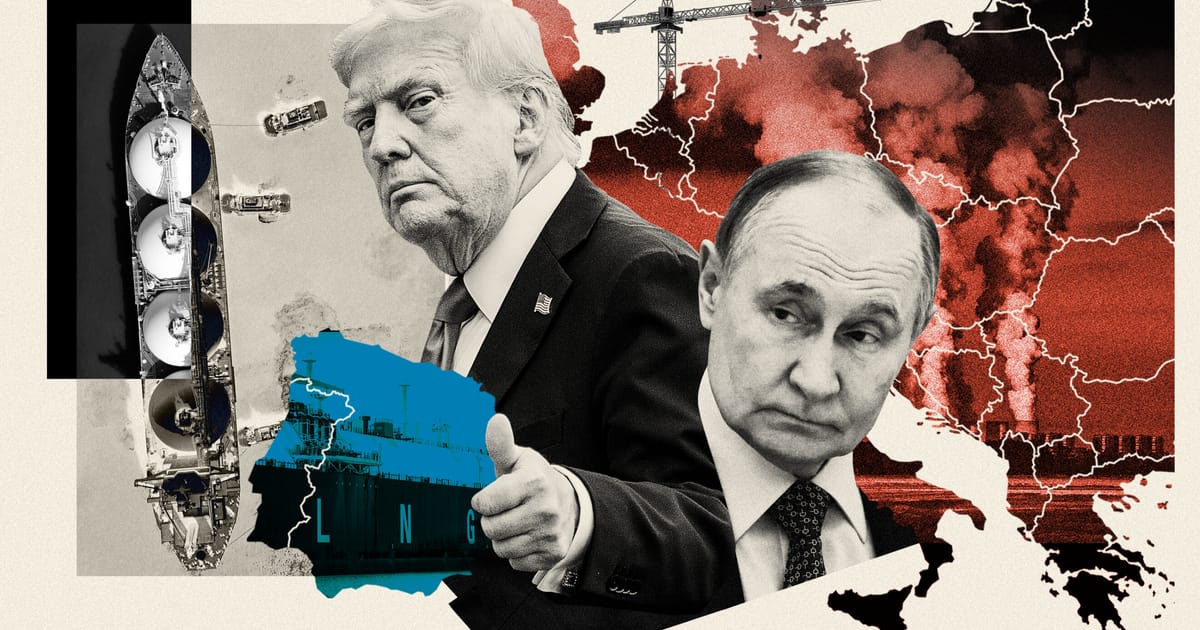U.S. manufacturers wanted to keep the shale revolution’s rewards for themselves. While in Western Europe at least, Wandel durch Handel (the lofty German foreign policy assumption that troublesome neighbors like Putin would “change through trade”) was conveniently aligned with the roaring economic benefits of cheap Russian gas.
“The Germans, the French, the Italians, the Austrians, everybody from Western Europe was content with the status quo,” said Hutchison in an Idaho farm-boy drawl. But countries like Lithuania, Poland and the Czech Republic “understood their vulnerability. And having been former Soviet satellites, understood the risk they faced.”
Russian gas will always win on price, given the extra expenses for U.S. LNG: Compressing the gas into a liquid, loading it onto ships, hauling it across the Atlantic and then regasifying it for use on the continent.
But countries like Lithuania were willing to pay a premium for energy from an ally because of their history and because “they had a front row seat to Russia’s actions” when it illegally annexed Ukraine’s Crimea in 2014, Pyatt said. Then the U.S. ambassador to Ukraine, Pyatt recalled that Polish Foreign Minister Radoslaw Sikorski desperately wanted to wriggle out of Russia’s grip.
“That’s 100 percent of the explanation,” Pyatt said. “It’s the near neighbors who realize that Ukraine was the bulwark that was going to protect Eastern Europe from a revanchist Russian agenda that went far beyond Ukraine.”
So it was easy for Hutchison to convince those countries to join the U.S. LNG push. In early 2014, he formed the organization LNG Allies as a public face for his embassy pressure group. He said the initial funding came from two trade bodies: the now-defunct America’s Natural Gas Alliance and the American Petroleum Institute (API). A spokesperson for API confirmed it had “previously” funded the group.
